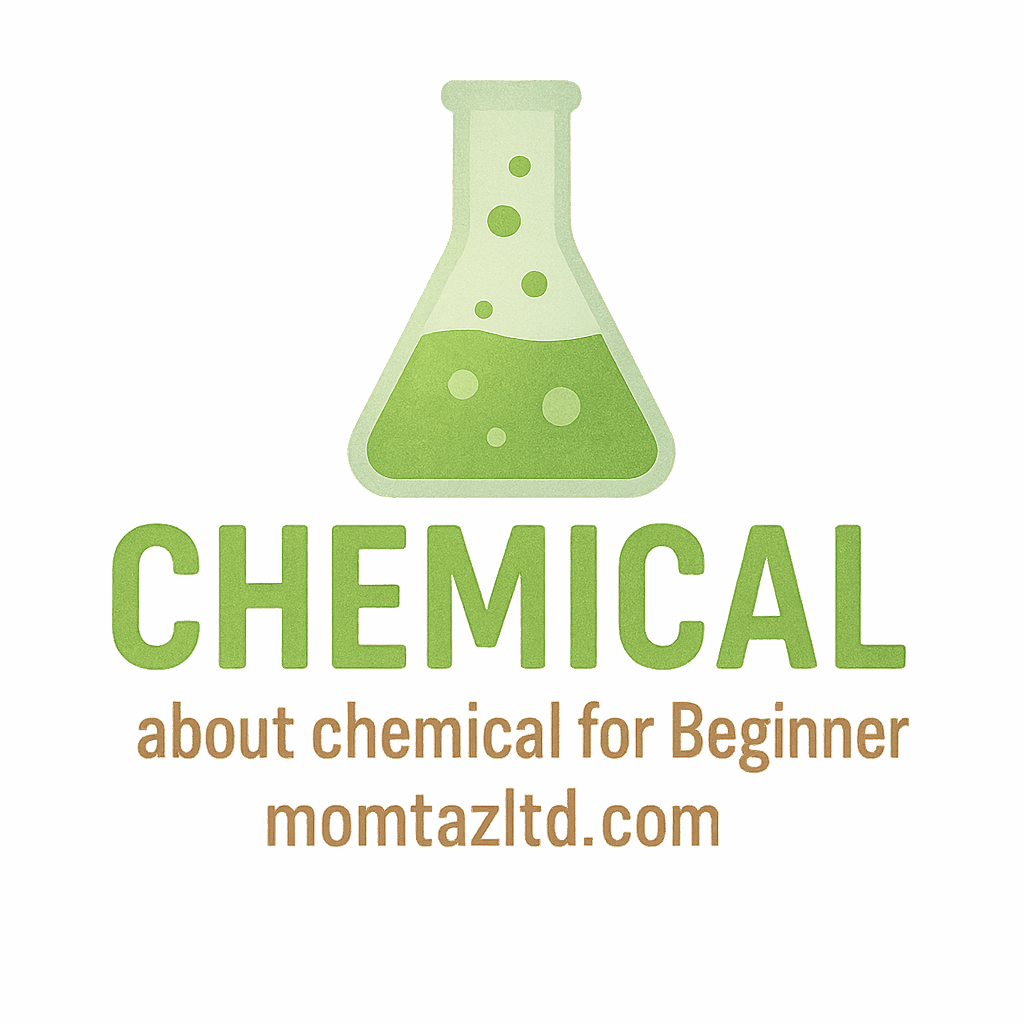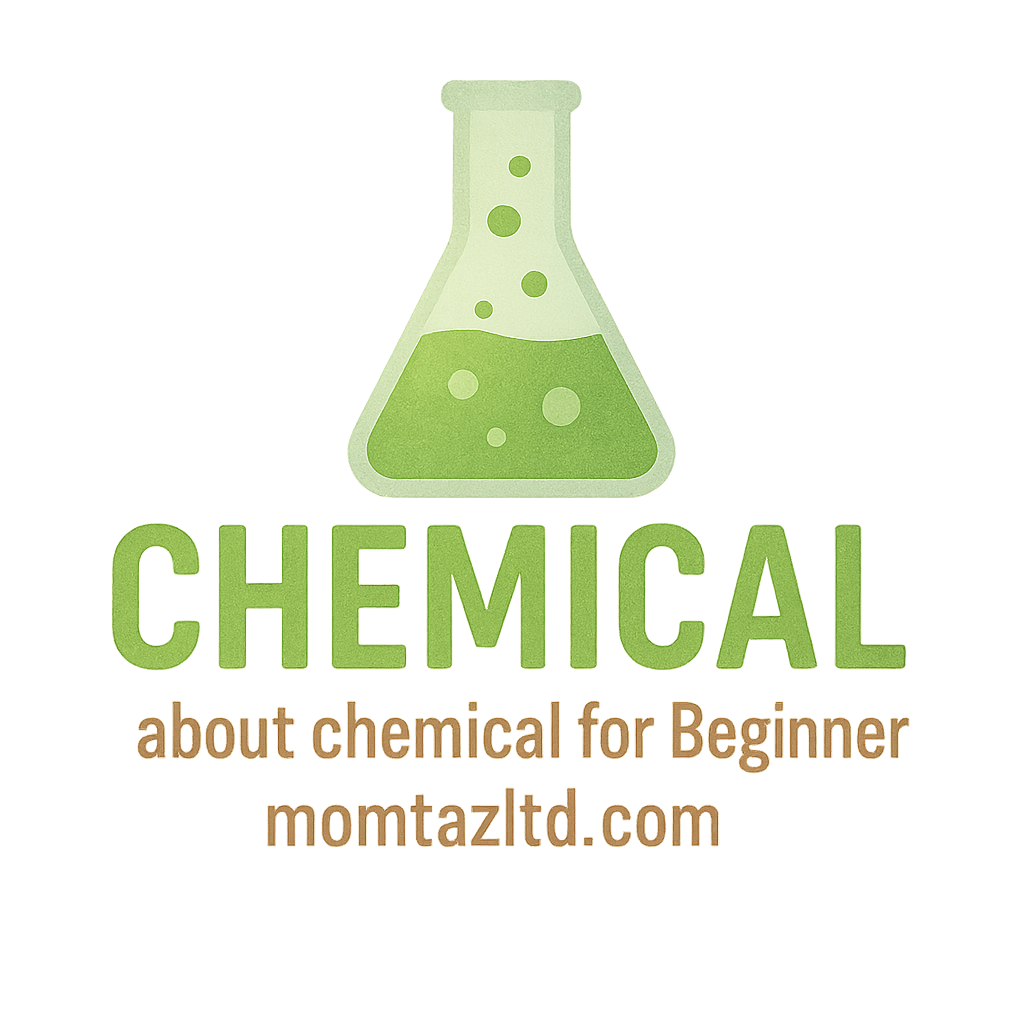Why Choose a Career in the Chemical Industry?
If you’re considering a career in chemistry, you’re on the brink of entering one of the most dynamic and evolving industries. From pharmaceuticals to manufacturing, chemical engineers to lab technicians, the chemical industry offers an abundance of career paths for those with a passion for science and problem-solving. But why should you choose this field?
The chemical industry is constantly evolving, with new innovations and breakthroughs emerging all the time. Whether you’re interested in understanding the composition of everyday products or pioneering new chemical technologies, there’s a wealth of opportunity awaiting you. Moreover, jobs in the chemical sector often come with great pay and long-term career stability.
The Versatility of Chemical Careers
The chemical industry is a vast network that intersects with several other sectors. As a result, you’ll find that a career in this field can lead to many different roles across various industries such as industrial manufacturing, healthcare, and environmental safety. Whether your passion lies in the lab, the field, or the business side of things, you’ll find opportunities that align with your skills and interests.
1. Chemical Engineer
Overview: Chemical engineers are the backbone of the chemical manufacturing industry. They design, optimize, and implement processes that convert raw materials into valuable products, whether they’re chemicals, plastics, fuels, or pharmaceuticals. Their job involves a lot of problem-solving, innovation, and collaboration with other engineers and scientists.
Skills Required for Chemical Engineers:
- Strong foundation in chemistry, physics, and mathematics
- Problem-solving skills and creativity
- Communication and teamwork abilities
- Knowledge of process design and optimization
Career Outlook: Chemical engineering is one of the most stable and well-compensated fields. As industries continue to demand more sustainable solutions, the need for chemical engineers will continue to grow.
Learn more about chemical careers
2. Research Scientist in Chemistry
Overview: Research scientists in chemistry work on developing new chemicals, materials, and processes. Whether working in academia or for private companies, these scientists are dedicated to advancing knowledge in chemical science.
Specializing in Chemical Reactions: If you enjoy working with chemical reactions and understanding how different compounds interact, becoming a research scientist might be the perfect fit. You will spend your time experimenting, testing hypotheses, and possibly contributing to groundbreaking discoveries.
Explore more about chemical reactions
3. Laboratory Technician
Overview: Lab technicians are crucial in carrying out tests and experiments that support research or production in the chemical industry. They handle chemicals, conduct tests, and ensure the lab environment is safe and productive.
Path to Becoming a Lab Technician: Typically, lab technicians require a degree in chemistry or a related field. Certifications may also be needed depending on the type of work and the company.
More on lab experiments and safety

4. Environmental Health and Safety Specialist
Overview: Chemical processes can pose serious risks to human health and the environment. Environmental health and safety (EHS) specialists play a vital role in ensuring that chemical processes are carried out safely, adhering to industry regulations.
Key Skills for Environmental Health Experts:
- Knowledge of safety protocols and regulations
- Attention to detail
- Ability to assess risk and mitigate hazards
Learn more about chemical safety
5. Industrial Chemist
Overview: Industrial chemists work in large-scale manufacturing plants, focusing on creating and improving industrial chemicals. This includes everything from raw materials to finished products used in manufacturing processes.
Jobs in Chemical Manufacturing Plants: Industrial chemists ensure that products are produced efficiently, safely, and to the required specifications. They also work on scaling up chemical reactions for mass production.
6. Chemical Sales and Marketing
Overview: Not all chemical careers involve working with chemicals directly. Chemical sales and marketing professionals are essential in promoting and selling chemical products to industries or consumers.
Why Sales and Marketing Matter in Chemistry: The chemical market is vast, and having skilled individuals who understand both the science and business sides is crucial. Whether you’re working in industrial chemicals or household products, a career in sales can be rewarding and dynamic.
7. Chemical Safety Officer
Overview: Chemical safety officers ensure that safety protocols are followed in every aspect of chemical handling, from transportation to storage. They assess risks, enforce regulations, and create safety plans to avoid accidents.
Certifications for Safety Officers: You’ll need specialized safety training and certifications, often requiring courses in hazardous materials management, OSHA regulations, and emergency response.
Learn about chemical storage safety
8. Quality Control Chemist
Overview: Quality control (QC) chemists ensure that chemical products meet the required quality standards before they are released into the market. They test raw materials, intermediate products, and finished goods.
Testing and Standards in the Chemical Industry: From measuring chemical purity to testing for contaminants, QC chemists play a crucial role in ensuring the safety and efficacy of chemical products.
Check out the importance of chemical terms
9. Pharmaceutical Chemist
Overview: Pharmaceutical chemists are involved in drug development and testing, ensuring that medications are effective and safe for consumers. This role is essential in the development of new treatments and therapies.
How Pharmaceutical Chemistry Impacts Health: Pharmaceutical chemists are at the forefront of medical science, contributing to the discovery of life-saving drugs.
Explore pharmaceutical learning
10. Chemical Educator or Trainer
Overview: For those who love teaching, a career as a chemical educator or trainer might be ideal. Educators are responsible for shaping the next generation of chemists, whether in high schools, universities, or through training programs.
Becoming a Chemical Educator: You’ll need a strong educational background in chemistry and a passion for teaching others. The ability to simplify complex topics is key.
How to Get Started in the Chemical Industry
Starting in the chemical industry can be a rewarding experience, but it requires the right steps. Begin by pursuing a relevant degree or certification. Internships and apprenticeships are also great ways to gain hands-on experience. Finally, networking with industry professionals and attending industry events will help you find job opportunities.
Explore chemical job opportunities
Conclusion
The chemical industry offers a wide range of exciting career paths for beginners. Whether you’re interested in research, safety, teaching, or sales, there’s something for everyone. The skills you develop in the chemical field are valuable and transferable across many sectors, ensuring that your career will be both fulfilling and rewarding.
FAQs
- What qualifications do I need to start a career in the chemical industry?
Most careers in chemistry require a degree in chemistry or a related field. Some roles may require additional certifications or specialized training. - What are the best entry-level jobs in the chemical industry?
Entry-level jobs like laboratory technician, quality control chemist, or chemical safety officer are excellent starting points for beginners. - How much can I expect to earn in the chemical industry?
Salaries vary widely depending on the role and experience level, but most positions in the chemical industry offer competitive salaries and benefits. - What are the growth opportunities in the chemical industry?
The chemical industry offers significant growth opportunities, especially as new technologies and innovations emerge. - Can I work in the chemical industry without a chemistry degree?
Yes, some positions, especially in sales, marketing, and safety, may not require a chemistry degree but will benefit from a solid understanding of chemical principles. - How do I get an internship in the chemical industry?
Many chemical companies offer internships for students and recent graduates. Look for opportunities on company websites or job boards. - What’s the job outlook for the chemical industry?
The chemical industry is expected to grow as global demand for chemicals, energy, and healthcare products increases.


